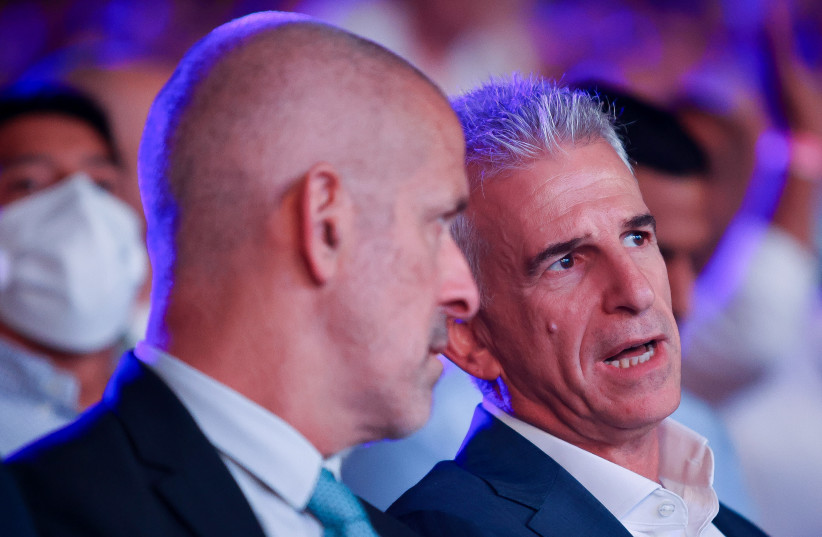Israeli, Egyptian, and Qatari teams are in Doha in the latest attempt to hammer out a hostage deal in the coming days, US National Security Advisor Jake Sullivan told reporters in Washington on Monday.
“We believe a deal is possible and we should be able to achieve it,” Sullivan said, as the talks that had languished for the last week, resumed in earnest.
“We in the United States are going to keep pushing on that,” Sullivan said. US President Joe Biden and Prime Minister Benjamin Netanyahu discussed the potential deal when they spoke by phone on Monday afternoon.
“This deal has been more elusive than we hoped,” Sullivan said as he noted that Hamas could “end this crisis tomorrow if it chose to do so. Far too little of the energy and the pressure to end this conflict has been applied to Hamas.

Mossad Director David Barnea, Shin Bet (Israel Security Agency) Director Ronen Bar, and IDF Maj.-Gen. (res.) Hostage Coordinator Nitzan Alon led the Israeli team.
Qatar and Egypt, with the help of the United States, have been negotiating the deal. Past rounds of indirect talks have focused on the Hamas leadership in Doha.
Direct communications with Sinwar
A senior diplomatic official confirmed that this time around a more direct line of communication has been established with Gaza chief Yahya Sinwar himself, with less confusion and interference from Hamas’s Qatar leadership, which currently has less influence on the terms of a final deal.
Part of the reason the deal will take longer is that each time some new issue needs to be decided by Sinwar, it will take 24-36 hours to reach him from his tunnel hideout, said the official.
The official confirmed that the general terms of the deal remained a six-week pause to the war in exchange for the release of 40 out of the 134 remaining hostages.
It’s also expected that Israelis would have to release Palestinian security prisoners and terrorists held in their jails.
The senior diplomatic official hit a more pessimistic note, telling The Jerusalem Post that the negotiations would take at least two weeks, if not more.
The security cabinet had met on Sunday to set guidelines for the Israeli team that gave the negotiators more leeway than in the past.
The official explained that this is the first time since the current round of negotiations started that the negotiating team has more specific positions and discretion to finalize a variety of items in the deal.
Despite the negotiating team receiving a larger mandate to seal a deal than it had in past rounds, when the team had at best received approved general principles for a deal, there are still many issues where the cabinet has not given its final opinion, said the official.
The terms still in dispute are exactly which Palestinian security prisoners will be released and what concession Israel will make upfront regarding any partial return of some Palestinians to northern Gaza and any partial withdrawal of IDF forces from certain spots during the ceasefire.
The official said the negotiations are expected to be excruciating, requiring very painful sacrifices from Israel.
